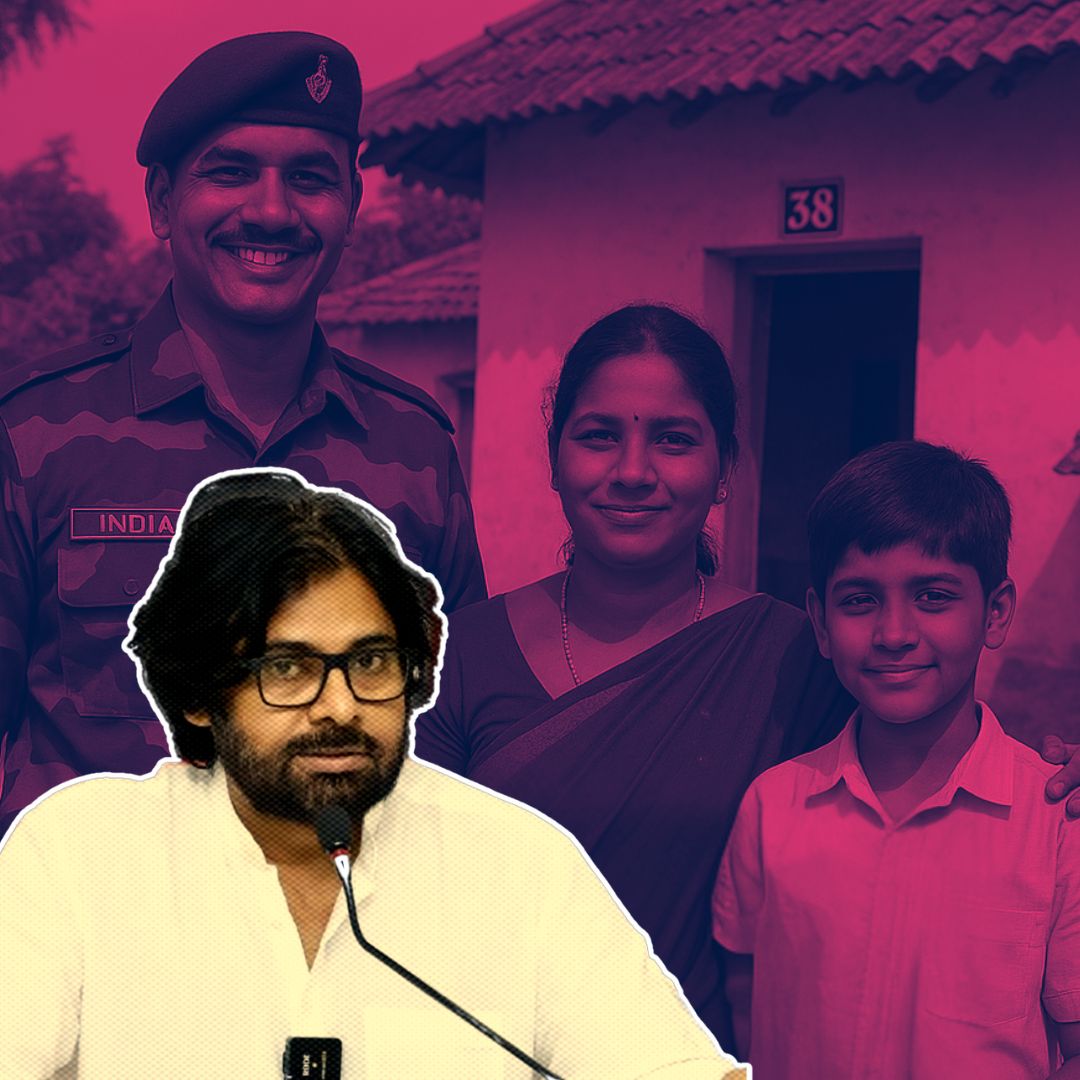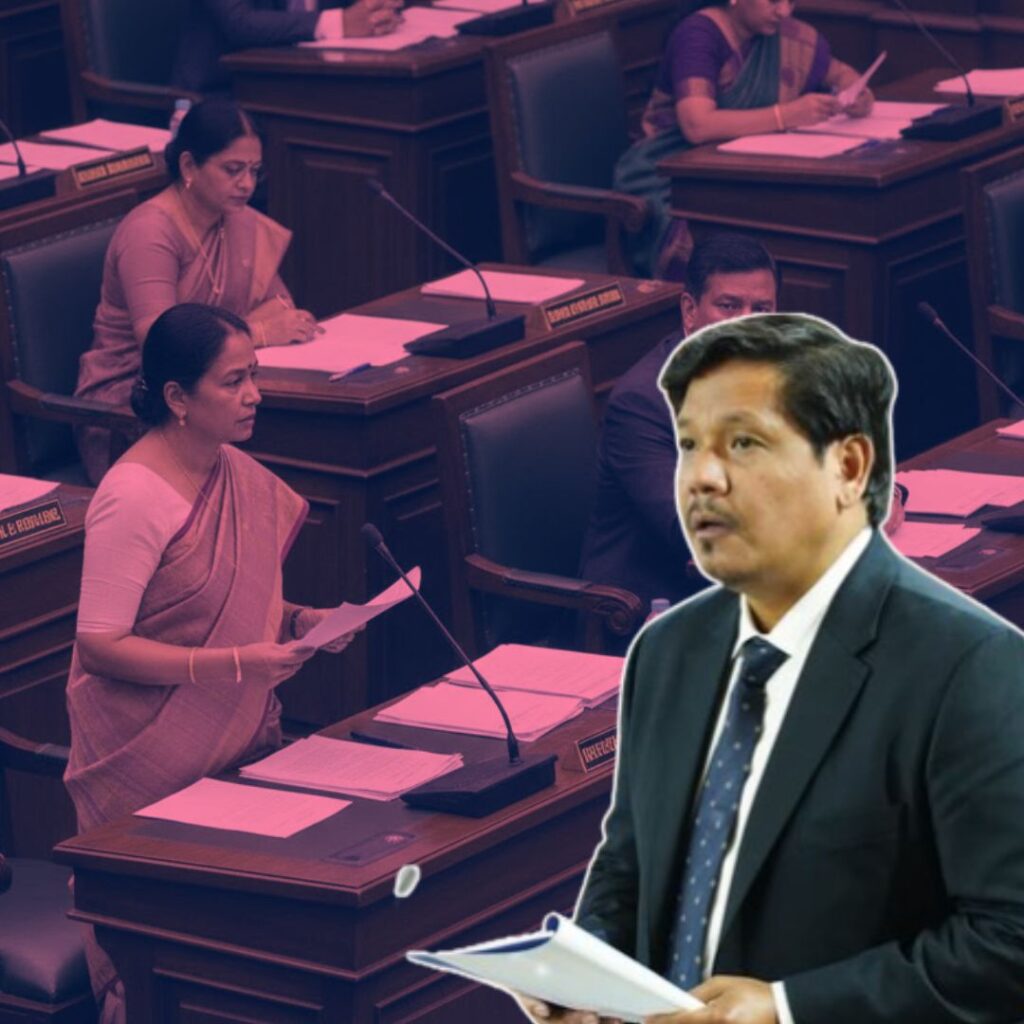Andhra Pradesh Deputy Chief Minister Pawan Kalyan has announced a comprehensive property tax exemption for homes owned by Indian Defence personnel within gram panchayat limits, effective immediately. This move, which extends to all active Army, Navy, Air Force, CRPF, and paramilitary personnel and their spouses, aims to honour their service and sacrifice.
The decision was made following recommendations from the Director of Sainik Welfare and comes in the wake of the recent loss of Agniveer Murali Naik, a young soldier from Andhra Pradesh. The initiative has been widely welcomed by defence families, veterans, and officials, who see it as a meaningful gesture of gratitude.
Expanded Support for Defence Families
The Andhra Pradesh government’s new policy marks a significant expansion from previous exemptions, which were limited to retired personnel or those posted at the borders. Now, any active defence personnel, regardless of their posting, can avail themselves of the exemption for one residential property within gram panchayat areas.
The benefit also extends to properties jointly owned with or occupied by their spouses, provided the family resides in the house. Panchayat Raj Principal Secretary Sashibhushan Kumar clarified, “The exemption applies to one house per family, with no restriction on the number of floors, as long as the property is fully occupied by immediate family members and has a single door number.”
Deputy Chief Minister Pawan Kalyan, announcing the decision on social media, stated, “This is a small token of our immense gratitude for the brave men and women who protect our nation. Their sacrifices are beyond measure, and it is our duty to honour them in every way possible.”
Context and Recent Developments
The announcement comes at a time when the state is mourning the loss of Agniveer Murali Naik, a 23-year-old soldier from Sri Sathya Sai district, who was killed during cross-border firing in Jammu and Kashmir on May 9.
Chief Minister N Chandrababu Naidu and Deputy Chief Minister Pawan Kalyan both visited Naik’s family to pay their respects, with the government also announcing ex gratia support.
The property tax exemption follows a formal request from the Director of Sainik Welfare, who urged the government to include spouses as beneficiaries and remove the earlier restriction of “at Borders,” ensuring inclusivity for all defence personnel.
According to the official order, if more than 10% of properties in a gram panchayat are owned by defence personnel, a 50% concession will be granted; otherwise, a full exemption applies. Defence families and veterans have expressed gratitude, calling the move a morale booster and a step towards recognising the daily challenges faced by those in uniform.
A Step Towards Inclusive Recognition
This policy shift is part of a broader trend across India to provide greater recognition and support to defence personnel and their families. In recent years, several states have introduced welfare measures such as educational scholarships, reservation in jobs, and housing benefits.
However, Andhra Pradesh’s comprehensive property tax exemption stands out for its inclusivity, covering all active personnel and their immediate families, regardless of their current posting. Experts and social commentators note that such measures not only ease the financial burden on defence families but also foster a culture of respect and gratitude within society.
The move has sparked conversations in other states about the need for similar policies, with many calling for a nationwide standard to ensure all defence families receive equal support.
The Logical Indian’s Perspective
The Logical Indian applauds the Andhra Pradesh government’s decision to extend property tax exemptions to all active defence personnel and their families. This initiative is a commendable step towards acknowledging the sacrifices made by those who serve our nation, often at great personal cost.
By easing the financial burden on defence families and recognising their invaluable contributions, the state sets a positive example for others to follow. As we celebrate this gesture of gratitude, we invite our readers to reflect: What more can our society and governments do to honour and support the families of our armed forces?












